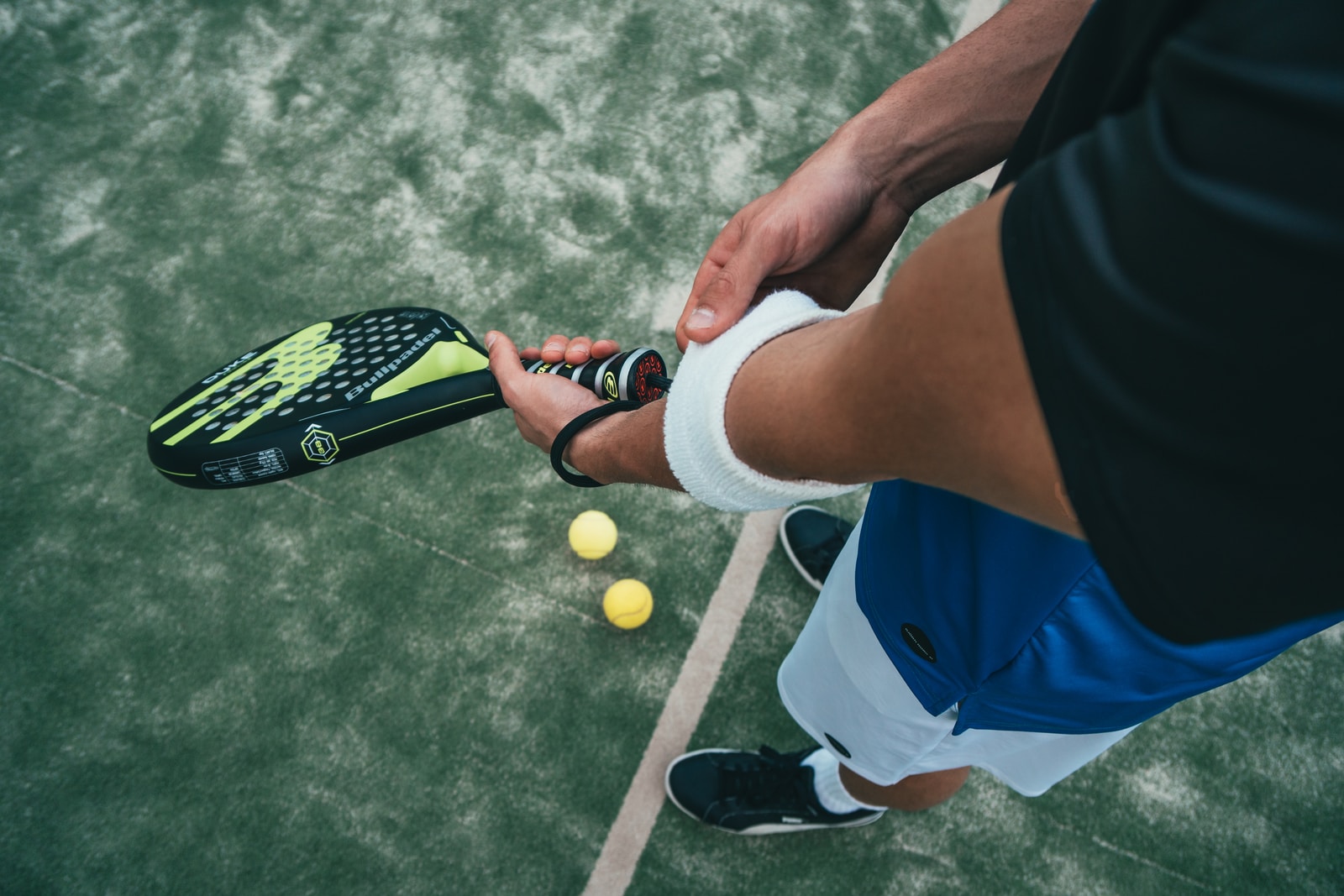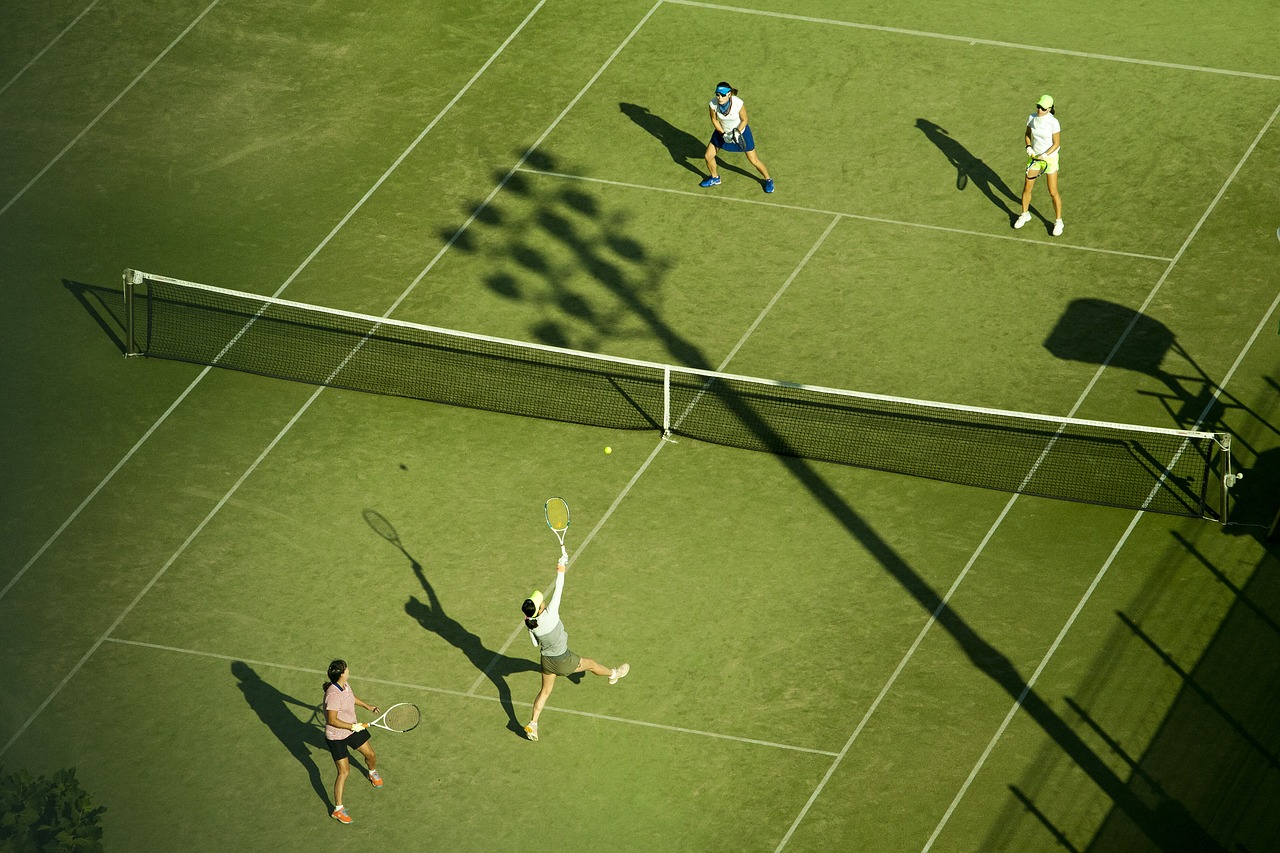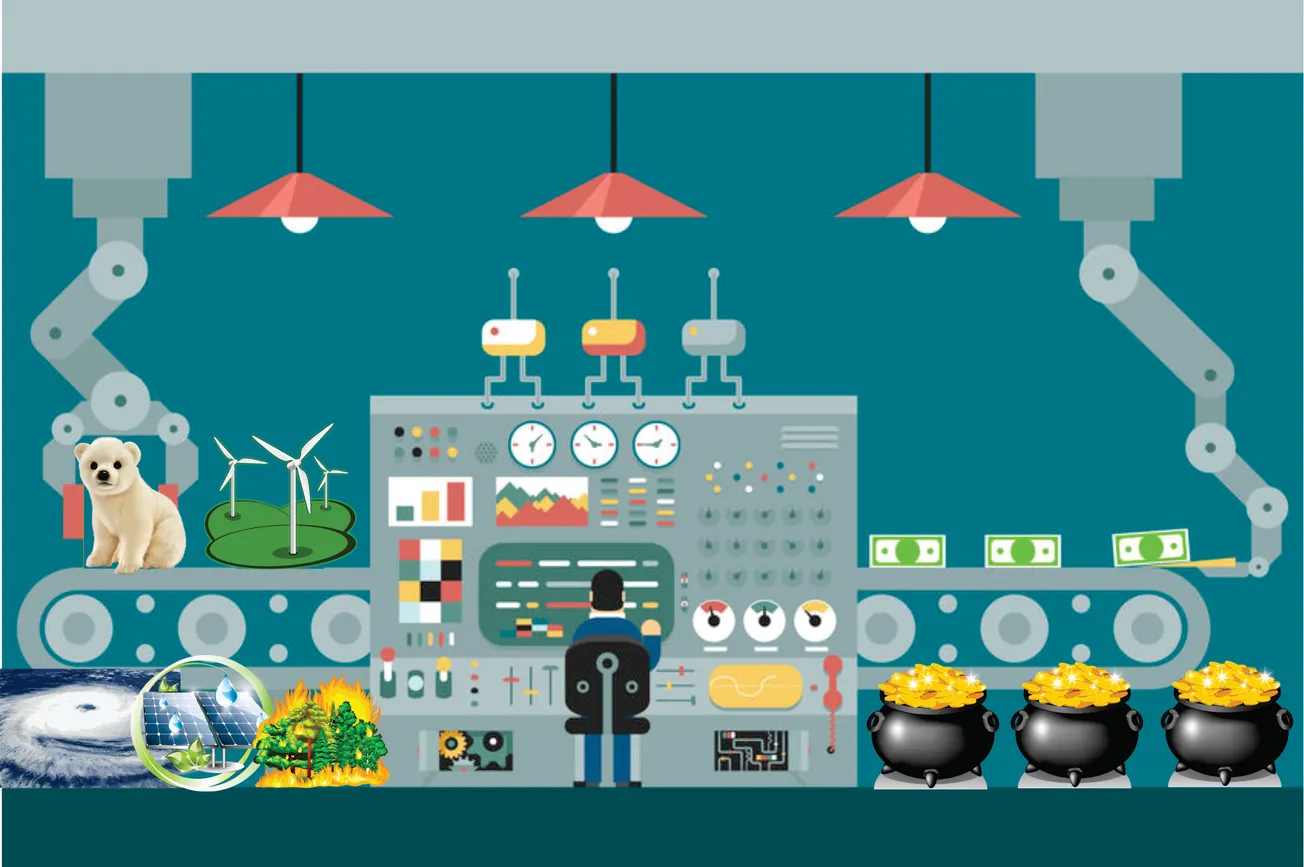Table of Contents
Darryl Betts
Beneath the devastation the New Zealand government has wrought on businesses, jobs, and schools is the looming threat to large parts of what remains of people’s lives outside of work. Vaccine mandates threaten to permanently deprive many people of things that make life worth living. This isn’t as newsworthy as the destruction of businesses or preventing people from working but for the people affected it can still be life-shattering.
Sports like tennis, squash, golf, bowls, and others are a way of life for New Zealanders particularly in middle age and older. These activities go far beyond keeping good physical health because for many they are an important part of our social life.



This is the ideal of what a government ought to want in its older population: individuals taking responsibility for keeping themselves physically and mentally healthy, and also doing some of the most important things that individuals can do to protect themselves from illness, while at the same time helping reduce the burden on public health systems. And this is what our government has been encouraging people to do – that is until Covid-19 came along and they suddenly forgot about everything else.
Here is what Sport NZ said in 2018 about the value of sports:
“The value of sport and active recreation is seen to lie in the many contributions that it makes to individuals, families, communities and the country as a whole”
[…] “Underpinning good physical health”
[…] “Supporting good mental health”
[…] “Promoting connection and a sense of belonging”
[…] “Motivating and giving us meaning and sense of purpose”.
sportnz.org.nz/resources/the-value-of-sport
Since early last year, the government has seemingly without a second thought trampled on this very important part of many people’s lives. Most obvious have been long periods of disruption to physical activity, and social isolation caused by repeated lockdowns.
In addition, there were also restrictions, disruption and uncertainty even when we were allowed to play. But beyond that, my guess would be that each time we have locked down, we have lost people. I’m not talking about death (although that is possible); I’m talking about people who are at an age where stopping these regular forms of exercise may mean never starting them again. For those who have tried playing squash you will know how physically demanding it is even if you are someone who has a reasonable base level of fitness.
Worse still: if the government follows through on its threats then some of us may face the prospect of being indefinitely barred from doing what we love and what keeps us healthy. Barred from the social life which accompanies that physical activity. And the cruel final twist of the knife: barred from activity that evidence suggests increases our protection against Covid-19.
To be fair I do not know at this time what the government plans to do, but things seem headed in this direction. Is it premature to raise concerns about this? I certainly do not want to add to the fear. Maybe this is premature but then speaking out after it happens may be too late. Even if the government does not mandate vaccines for sports clubs we already see associations and clubs moving in this direction of their own accord.
Yes, I could do some other form of exercise. But we live in a free society where we are free to make our own choices – to each carve out a life that suits us within our available resources. I do not want to live in a world where the government decides what form of exercise I am allowed to do, when I am allowed to do it, and what I must wear when I am doing it. Even less do I want to live in a world where only some of the population are subject to these rules. And, of course, this ignores the enormous social loss – the relationships we gain through our chosen sporting activities, which may be decades-long.
Whether intentional or not, the government is executing a divide and conquer strategy.
After a gruelling 12 weeks of home detention, Aucklanders will be only too pleased to resume something approaching normality. While they generously return our freedoms that were never theirs to take, I fear that the government will pass vaccination mandates down through the national sport administration structure to club level. My concern is that regional organisations and clubs dominated by people who don’t see a reason to question the prevailing narrative will likely either be legally unable or too weak-willed to resist.
Sadly, I expect many people will find fellow club members they have known for years to be unsympathetic – and maybe even hostile – toward them. I hope I am wrong. It would be wonderful to see sporting club members join together regardless of their view on the vaccines to fight for the rights of those who our government seeks to exclude.
No doubt many will say that the solution to my problem is obvious and easy. Take the vaccine and move on. Of course, in a sense, it would be easy to do that. The problem is that I do have concerns about the safety of these new vaccines, relative to the risks associated with traditional vaccines, and relative to the risks from Covid itself. These aren’t concerns I dreamed up, or read about on Facebook, or heard from some YouTube conspiracy theorists.
These are concerns raised by highly qualified and experienced scientists and doctors.Regardless of how many self-proclaimed (and often scientifically illiterate) fact-checkers claim that this is “misinformation”, I will not be satisfied until the scientists and doctors who have raised these concerns are satisfied. If I were offered a ride in the space shuttle I would want all of the scientists in the room to consider it safe – not just “the majority of scientists” – and no amount of bullying by a government or government-owned media would convince me to ignore those concerns.
But this isn’t just about safety concerns. For me and a great many people, this is about something much bigger: my right to make decisions about what is done to my body, my right to reveal my personal medical information only when I want to, my right to not be discriminated against as a result of the personal medical decisions I make, and my concerns about limits to government power and control over people’s lives.
I have seen people scoff at those who talk of freedom and rights as if these are trivial matters – but a person’s commitment to these principles can be among their most deeply held beliefs and values, no less important than a belief in God, or a belief that all people should be treated equally.
Would you give up your belief in God (or your belief that God does not exist) if your tennis club – or worse yet your government – demanded it?
Some might say that we cannot put discrimination against the unvaccinated on the same footing as discrimination because of race, sex, etc. since my position on vaccination is not immutable – it is something I choose. I think that my analogy with religious belief (or non-belief) shows that this isn’t true. In addition, science tells us that our character is heavily influenced by our genetics, and therefore our most deeply held principles, and the decisions we make as a result of those principles, may in fact be just as immutable as our race or sex.
Some will respond to me by pointing out that sometimes individuals must make sacrifices for the greater good. That the restrictions we have suffered (and which may be imposed on people like me for the foreseeable future) are necessary to keep people safe. But the crucial question is whether the case has been adequately made that such sacrifices are both necessary and proportionate to the danger.
During World War Two people made great sacrifices: by all accounts willingly. But this is nothing like World War Two. For me and many other people the case for any significant level of sacrifice for the greater good has not been made – and the case for distinguishing between vaccinated and unvaccinated even less so. Not to forget a crucial point that all too often gets left out of the conversation, which is that Covid-19 is both preventable and treatable.
For those who say this is short term pain for long term gain, evidence suggests this is far from over. If the public health statistics and pressure to vaccinate are to be believed, here in New Zealand we are in the early days of Covid-19 spread. There will be a predictable reaction to rising “case numbers”. Restrictions will continue – maybe becoming even more severe.
Even when Covid-19 becomes a memory, the precedent has been set. Without any balanced debate, the idea of imposing severe restrictions on a healthy population “for the greater good” has been normalised in the public mind, and governments now believe they have a warrant to do it – if not a duty.
For decades the safety bureaucracy has been building and shaping public acceptance. Now the machinery for coercion and control is in place and successfully tested: everything from a supply of yellow striped posters to a cozy partnership with mainstream media and big tech to a tracing app on most mobile phones. If only the effort spent trying to manage us went instead into focused prevention and treatment.








